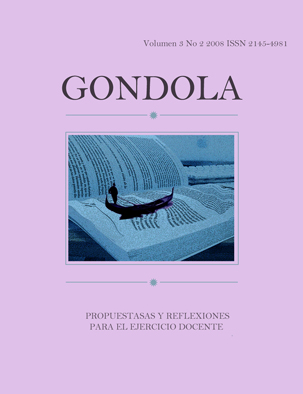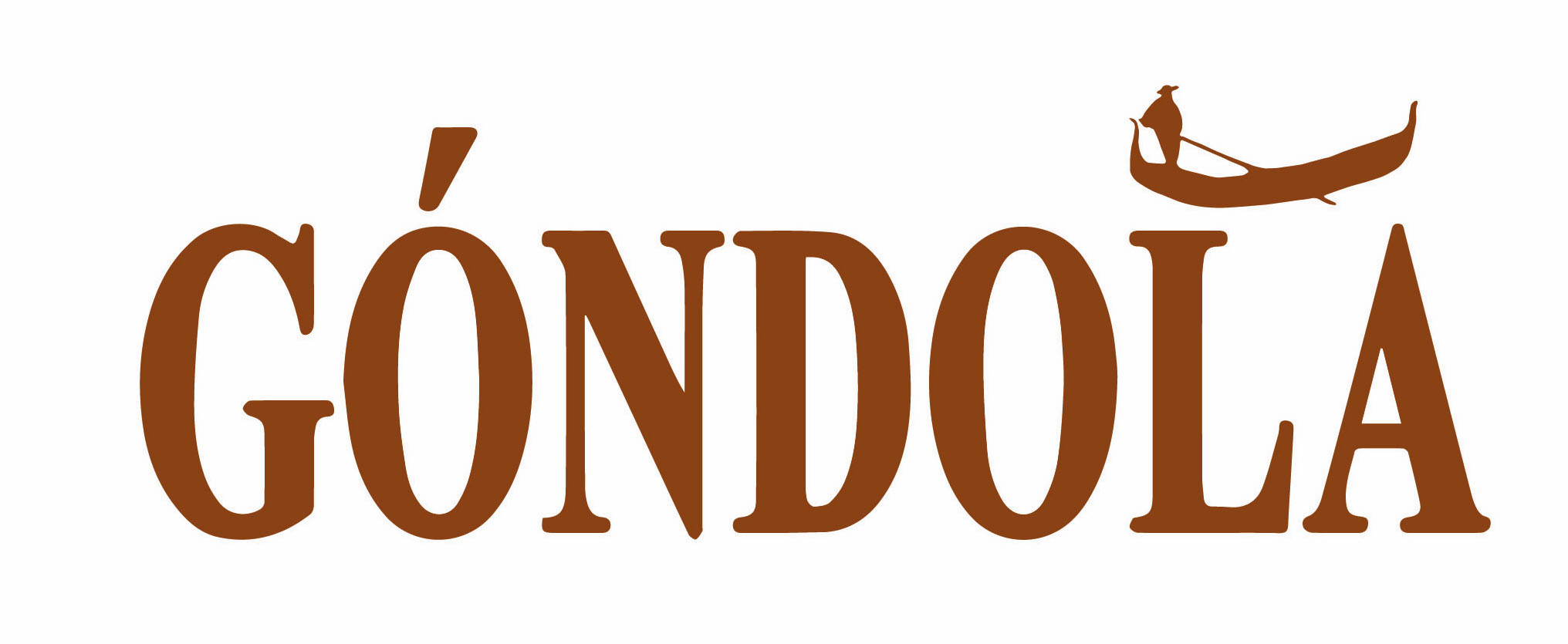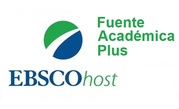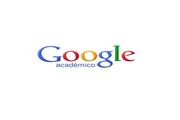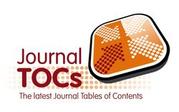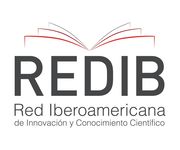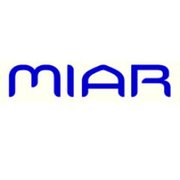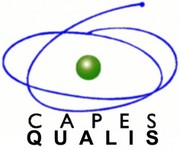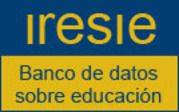DOI:
https://doi.org/10.14483/23464712.5284Published:
2008-07-01La didáctica de la física en el experimento
Didactics of physics in experimentation
Keywords:
experiment, epistemology, Information technologies. (en).Keywords:
experimento, epistemología, tecnologías de información (es).Downloads
Abstract (es)
Al realizar un experimento físico es conveniente mirar el contexto epistemológico en que se desarrolló en la historia para detectar dificultades y problemas cuya superación determinaron el avance científico, después de esto el profesor planeará la estrategia para que el experimento tenga un proceso diferente al tradicional. El ejercicio se desarrolló en tres fases; Actividad de preparación, Experiencia y Análisis. Encontramos que los estudiantes crean la necesidad de consultar en la Web diferentes aspectos del experimento, lo cual es aprovechado por el maestro para reflexionar y analizar la información que encuentran en diferentes aspectos y niveles de complejidad..
Abstract (en)
When performing physics experiments it is convenient to study the epistemological context in which it was developed in history in order to detect difficulties and problems whose overcoming determined scientific advances, after that, teacher will plan strategy proposing an experimental process in a different way from the traditional one. The exercise was developed in three phases; Preparation activity, Experience, and Analysis. We found that students create the need to consult different aspects about the experiment on the Web, which is used by the teacher to reflect and analyse the information they find in different aspects and levels of complexity.
References
Castiblanco O y Vizcaíno D. El uso de la TICs en la enseñanza de la Física. Universidad Libre de Colombia.
Castiblanco, O. Vizcaíno, D. (2006). Pensamiento crítico y reflexivo en la enseñanza de la Física”. Revista Colombiana de Física . V38-No. 2
How to Cite
APA
ACM
ACS
ABNT
Chicago
Harvard
IEEE
MLA
Turabian
Vancouver
Download Citation
License
Gondola, Ens Aprend Cienc. is an open-access publication, free of charge for authors and readers. The publication, consultation or download of the contents of the magazine does not generate any cost for the authors or the readers, since the Francisco José de Caldas District University assumes the expenses related to edition, management and publication. The peer evaluators do not receive any economic retribution for their valuable contribution. The work of all the actors mentioned above is understood as a contribution to the strengthening and growth of the research community in the field of Science Education.
As of December 1, 2018 the contents of the journal are published under the terms of the Creative Commons License Attribution-Noncommercial- ShareAlike 4.0 International (CC-BY-NC-SA 4.0), under which others may distribute, remix, retouch, and create from the work in a non-commercial way, give credit and license their new creations under the same conditions.
The copyright holders are the authors and the journal Gondola, Ens Aprend Cienc. The holders retain all rights without restrictions, respecting the terms of the license in terms of consultation, downloading and distribution of the material.
When the work or any of its elements is in the public domain according to the applicable law in force, this situation will not be affected by the license.
Likewise, we encourage authors to deposit their contributions in other institutional and thematic repositories, with the certainty that culture and knowledge is a good of all and for all.

